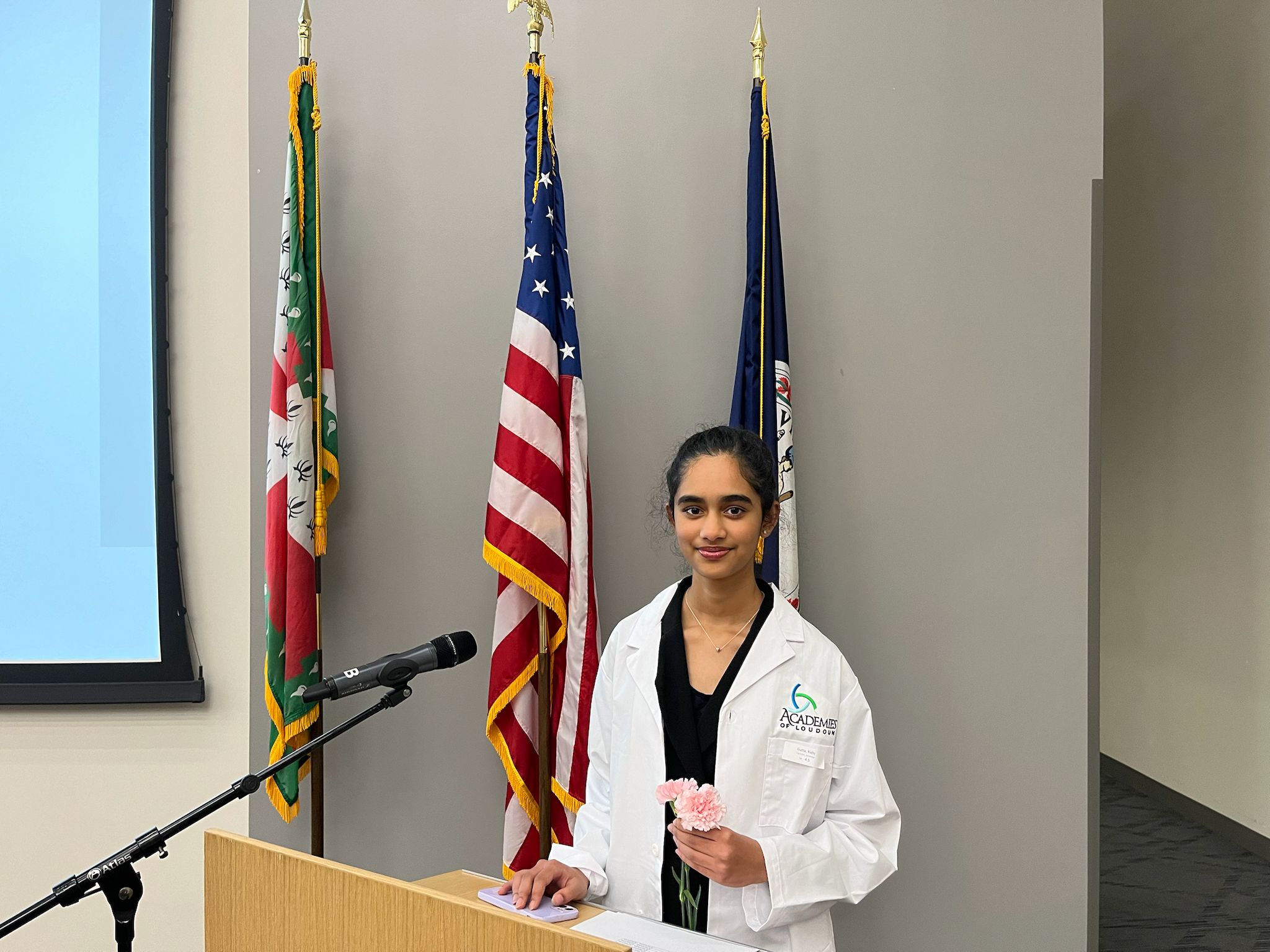We recently connected with Ridhi Gutta and have shared our conversation below.
Alright, Ridhi thanks for taking the time to share your stories and insights with us today. Was there a moment in your career that meaningfully altered your trajectory? If so, we’d love to hear the backstory.
My biggest defining moment came in my freshman year of high school. I was reading about various different viruses and illnesses in an effort to formulate a research idea for a project I wanted to pursue. While reading, I stumbled across a strain of Ebola termed Reston Virus. I was born in a place called Reston, Virginia, so naturally, I wondered if there was a connection between this strange virus and my birthplace. After digging deeper into the literature, I discovered that I was born in the epicenter of an Ebola outbreak. Reston virus had devastated my hometown in the 1900s. Ebola virus has been around for several decades, but the world barely blinked until the virus crossed Western borders. The suffering was immense, but it wasn’t until the virus threatened Western lives that headlines screamed and resources poured in. Even as a child, I could feel the weight of that injustice. Some lives sparked urgency; others didn’t, and as someone from an immigrant family, that hit hard.
That early exposure planted something in me. As I grew older, I realized I didn’t need a lab or a white coat to fight back. That’s when I discovered mRNA. The first time I saw how scientists used it to create COVID vaccines in record time, I was hooked. It wasn’t just science, it was speed. With the right tools, I could design, simulate, and even test lifesaving therapies from my laptop. Now, I know that, as a high schooler, my knowledge only goes so far.
During my sophomore year, I connected with a professor who simultaneously yelled at me for not knowing what I’m doing and praised my entrepreneurial spirit. He grilled me for two hours on random biotech patent law, gave me life advice, and told me to “make myself the dumbest person in the room.” I have to say, while it was harsh at the time, I whole heartedly agree with his critique. I don’t know nearly enough or have enough credibility to break into the field of biotech, and I do have to go through the canonical PhD route to make a career for myself. I learned that innovation is important, but controlling my ambition and progressing via “slow productivity” is even more important. Even so, a little exploration as a high schooler can never hurt.
While others saw mRNA as the future, I saw it as a now, something young people like me could wield to rewrite how we respond to disease at least in theory. Biotech gives me agency. It’s a space where a teenager can challenge decades-old systems, where innovation isn’t about seniority but about solving problems no one else will touch. So yes, I was born into a world shaped by neglect, but I’m building one shaped by action. With every line of code and every strand of RNA, I’m doing my small part in helping make sure no outbreak ever goes unnoticed again.
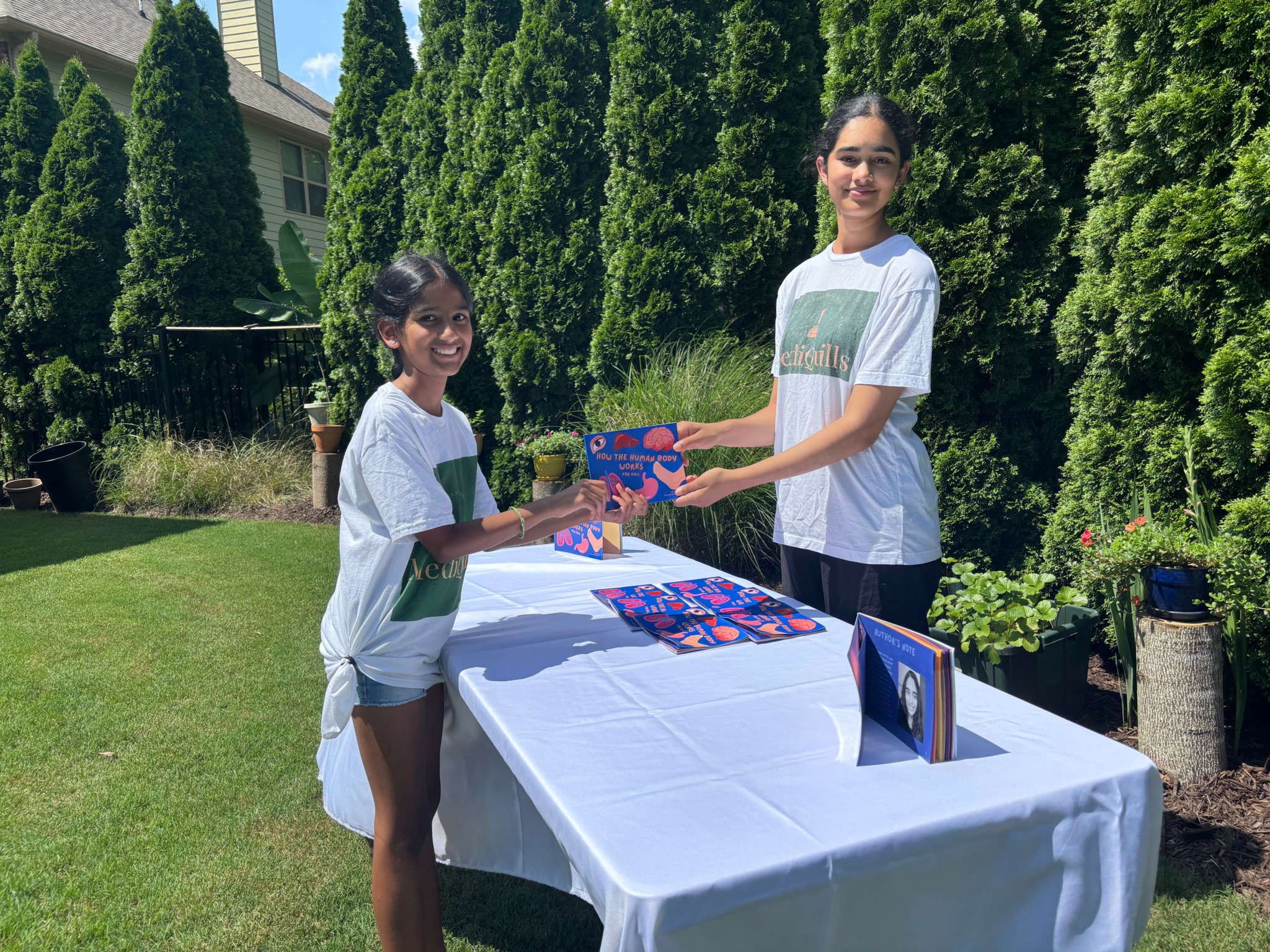
Awesome – so before we get into the rest of our questions, can you briefly introduce yourself to our readers.
My name is Ridhi Gutta, and I’m a student-researcher and science communicator passionate about using computation and communication to solve some of biotech’s biggest problems. My journey began not in a lab, but in curiosity: a curiosity about why some diseases get more attention than others, why some people trust science while others feel alienated by it, and why solutions that exist don’t always reach the people who need them most. That curiosity quickly evolved into action, and over time, into Mediquills, Vaccelerate, and a growing body of computational research into mRNA vaccines and neglected diseases.
I founded Mediquills to combat one of the most dangerous problems in healthcare today: diminished scientific literacy, especially in the field of vaccination. From COVID-19 conspiracies to myths about vaccines, I saw how quickly confusion and fear could spread especially among communities without easy access to scientific resources. Mediquills began as a youth-led initiative dedicated to simplifying complex biomedical topics and making medical science accessible, understandable, and empowering. We create content that breaks down everything from vaccine science to genetic engineering, all grounded in research and driven by the belief that clear, accurate information can literally save lives. Our advocacy has impacted 10k+ children worldwide, garnering 30k views online. We are present in 12 countries and 5 continents with $5k+ raised. Recently, we’ve expanded to an international policy branch, co-authoring 4 recombinant biotech policy proposals with the European Union. Our content and books have reached Top 10 international bestseller status twice and top new release status 4 times out of 2500+ books in the category of children’s biology and 32.8M books worldwide.
However, as I worked on the front lines of science communication, I also found myself increasingly drawn to science itself particularly the field of vaccine development. I co-founded Vaccelerate, an initiative focused on accelerating the future of vaccines through youth-driven research, education, and global outreach. Vaccelerate not only aims to inspire the next generation of vaccine scientists, but also to address the slow pace of innovation in vaccine pipelines, especially for emerging infectious diseases and overlooked viral proteins at a rate faster than several pharmaceutical giants. When I pitched Vaccelerate at the world’s largest youth entrepreneurship competitions, I became part of one of 2 teams internationally to receive the Gore Innovation Prize and $2.5k in funding overall from UDel and Microsoft.
This passion led me to dive deeper into computational biology, where I’ve since led original research using AI to identify and model immunogenic epitopes in hard-to-target viruses. My most recent projects focus on the spike protein in MERS, the GP in Ebola, and a myriad of proteins in Marburg Virus. I’ve also worked on the five deadliest cancers known to human-kind, developing in silico vaccine candidates for all of them. Additionally, I’ve developed a patent pending genomics tool to speed up commercial application and synthesis of mRNA vaccines. My work isn’t just theoretical. I focus on the practical application of it as well.
What ties all of my work together from Mediquills to Vaccelerate to vaccine research is a belief that young people aren’t just the future of science; we’re shaping it now. I’m proud that I’ve built two platforms that empower others while conducting original, cutting-edge research that could one day lead to real-world vaccines. I’m proud that I’ve chosen to tackle problems that matter: vaccination, inequality in research, and the molecular blind spots in our public health systems, and I’m proud that I’ve never waited for permission to make an impact.
At the heart of everything I do is the idea that science should serve people, all people, not just those with access, resources, or advanced degrees. Whether I’m correcting a medical myth, decoding a viral genome, or helping another student launch their first research project, I’m working to make science more transparent, inclusive, and effective. If you’re reading this, I hope you’ll join me in that mission because the future of biotech truly should be accessible to everyone.
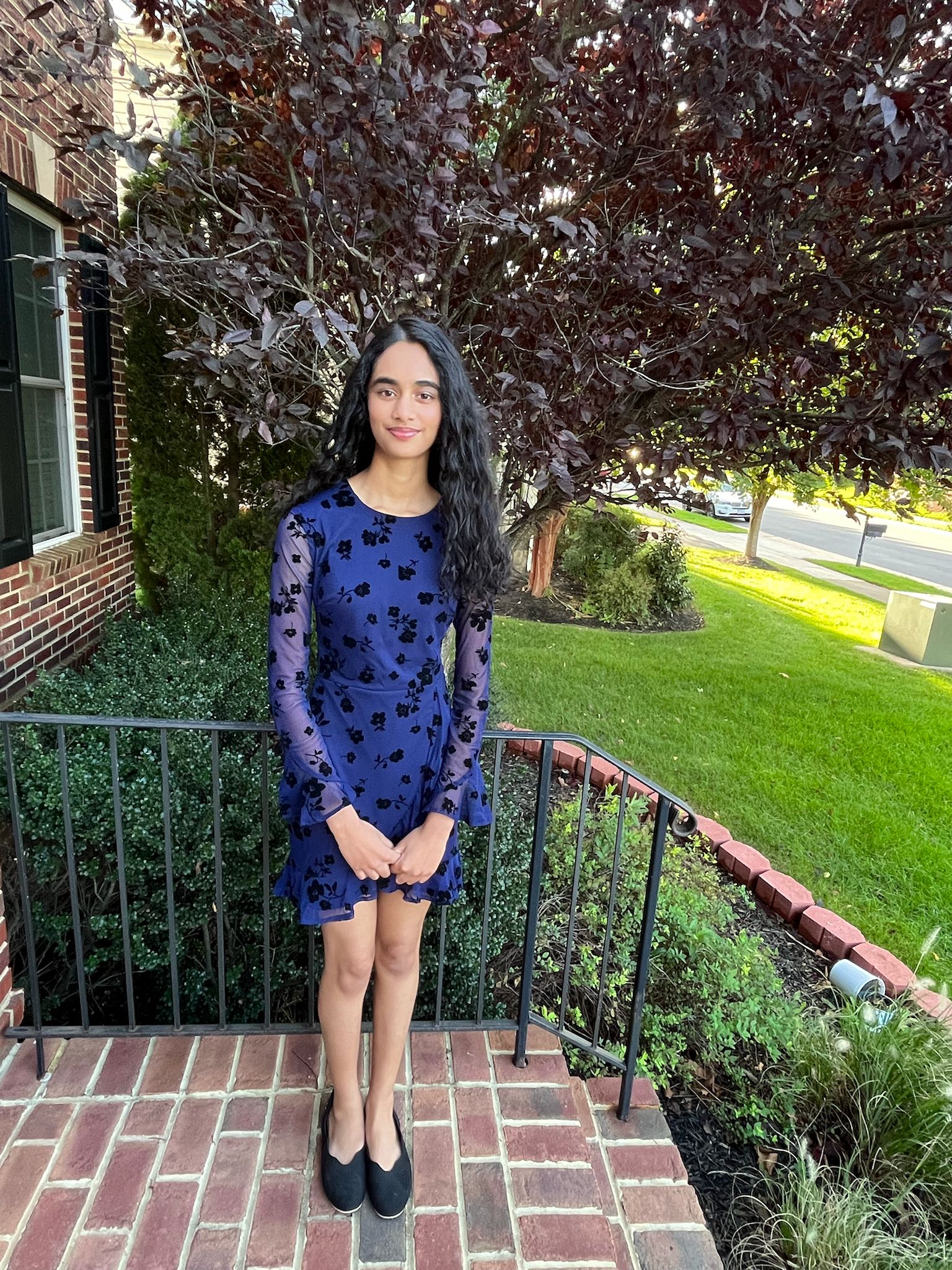
Let’s talk about resilience next – do you have a story you can share with us?
One of the most pivotal moments in my journey and one that truly tested my resilience came when I lost an internship that I had worked incredibly hard to secure. I had been offered the chance to work on a groundbreaking project at the University of Virginia, studying mRNA vaccine candidates for a parasitic disease, an urgent area of research that aligned perfectly with my mission to tackle neglected health threats using computational tools. The project was something I saw as a next step in a much bigger dream, and I was excited to gain valuable research experience.
I poured hours into preparing for that role, reading every paper the lab had published, learning new modeling techniques, even emailing other researchers in the field to understand the broader landscape of parasitic vaccine research, but just weeks before the program began, I received a message I hadn’t anticipated. Due to sudden NSF funding cuts, the professor had to rescind their offer. The project, the mentorship, and the research were all gone overnight.
For a moment, I was devastated. It felt like I had done everything right, only to have the opportunity pulled out from under me by forces entirely outside my control, but it also became one of the most important turning points in my journey. I realized I could either wait for the next opportunity to come along or create one myself.
I started independently designing a research pipeline to predict mRNA vaccine candidates using publicly available sequence data and computational immunoinformatics tools. I chose new targets: the spike protein of MERS, the GP of Ebola, and the target neoantigens of various cancer, another underserved area of vaccine research. I taught myself how to simulate peptide-MHC binding, model protein structures, and perform epitope prediction, all on my own laptop.
Something people don’t tell you about trying to get into engineering or computing later in childhood is that the gender disparity can be incredibly intimidating. I was surrounded by boys who ridiculed, mocked, and disrespected me constantly. I didn’t know a single line of code before my freshman year of high school, but soon, with dedication and perseverance, I started outperforming all those boys around me. I started initiatives like MediQuills and Vaccelerate free of the feeling of judgement or intimidation for being a girl dabbling in the field.
Losing that internship didn’t end my research. It redirected it, and in the process, I built something more personal, more innovative, and more aligned with my long-term mission than I ever expected. That setback reminded me that resilience is about creating momentum in the face of disappointment and turning a closed door into a completely new path.
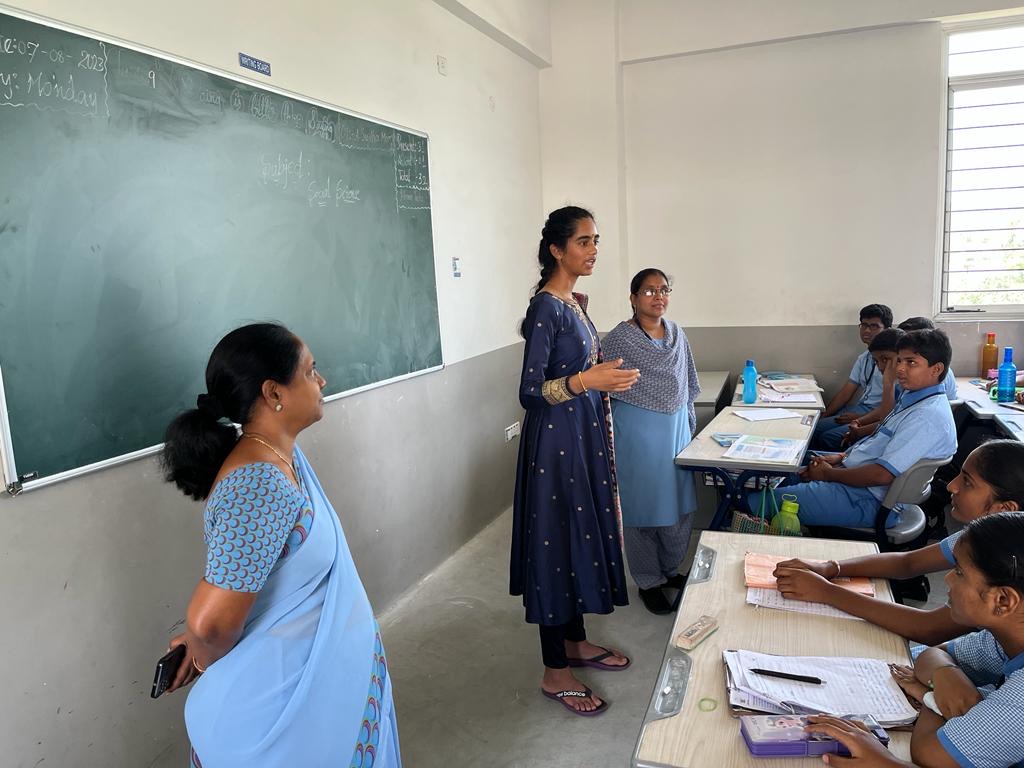
Have you ever had to pivot?
As a high schooler with immense entrepreneurial spirit, I often experienced a huge amount of pressure to make my ventures greater than everyone else’s. When I first started MediQuills and Vaccelerate, I overworked myself trying to beat out everyone else, which led me to deviate from my mission and become unhappy with my progress. This was a time in my life when comparison consumed me. I measured my progress against the achievements of others, constantly scanning social media feeds, academic updates, and awards announcements. I was benchmarking my life against everyone else’s instead of building myself up. Every success that wasn’t mine felt like a personal failure, and as a result, I felt that I wasn’t living with intention. Instead, I was chasing validation from people who had no bearing on me.
My moment of realization was incredibly random. I had just lost out on something I had worked incredibly hard for, a science fair position that I thought was my ticket forward. Instead of reflecting on what I could improve, I spiraled. I obsessed over who got the opportunity instead of me, comparing their background, connections, and even personality. I wasted weeks in bitterness, but as I looked at the calendar and realized an entire 2 months had passed, I understood that obsessing over others is the fastest way to lose yourself.
From that moment, I made a conscious decision to flip the narrative. Instead of stalking other people’s progress, I began tracking my own. I built a digital journal of small wins: new skills learned, new projects started, new ideas tested. I shifted my energy from consumption to creation. I stopped scrolling, started coding, and I stopped wondering, started writing. The more time I spent building me, the more I grew, and the more I realized that the only way to become successful is to focus on yourself.
Pivoting isn’t always a change in strategy. Sometimes, it’s a change in mentality. For me, the pivot wasn’t switching careers or starting a new venture, it was choosing to be my own benchmark. I no longer ask, “Why not me?” I ask, “How can I become the person I admire?”
That mindset shift away from obsession with others, toward intentional self-development has changed everything. It made me more productive, more resilient, and more at peace. The more I invested in myself, the more opportunities started to find me and not the other way around.
Contact Info:
- Website: https://ridhigutta.com
- Instagram: https://www.instagram.com/ridhigutta/
- Linkedin: https://www.linkedin.com/in/kabilanprasanna/
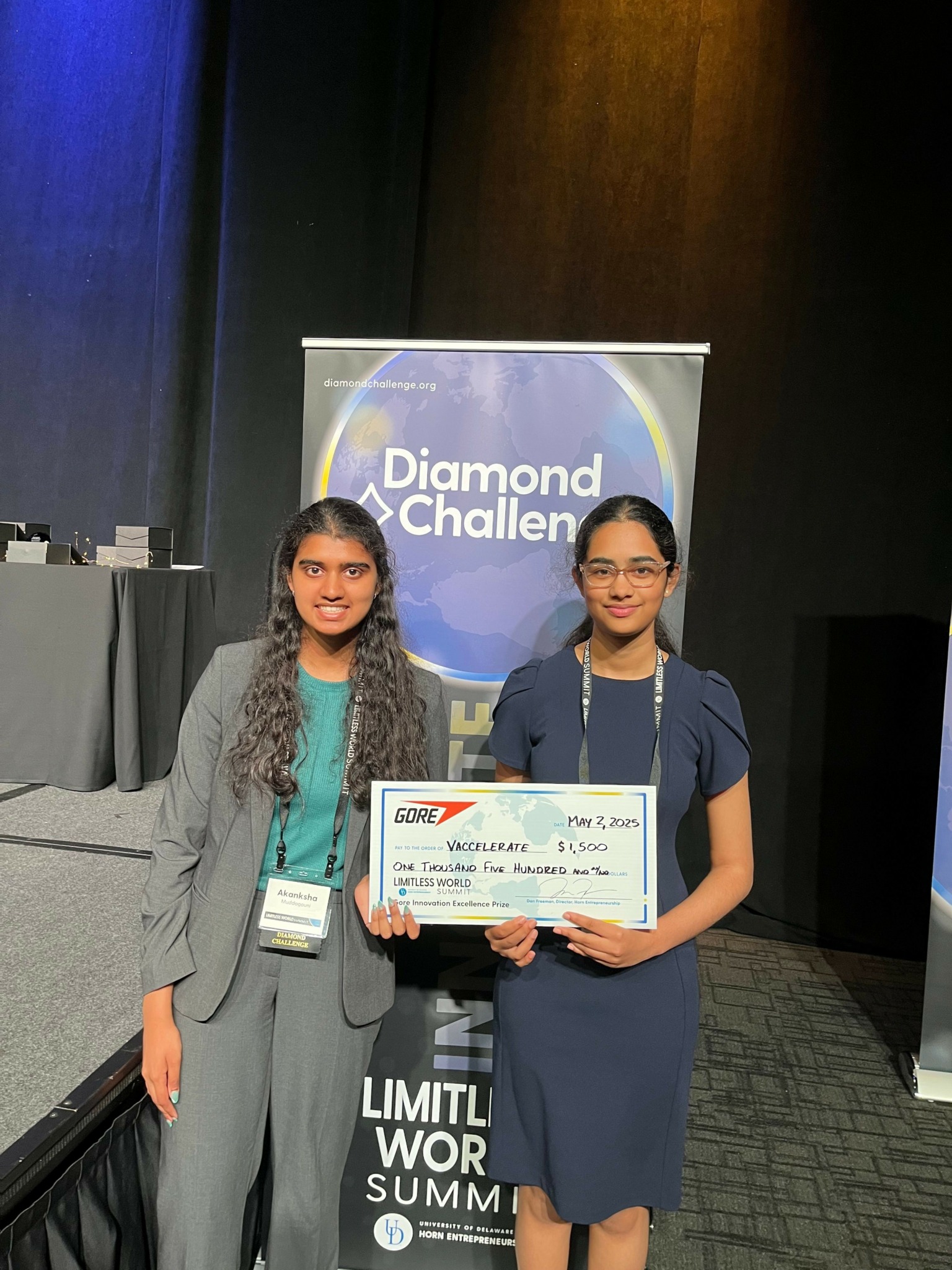
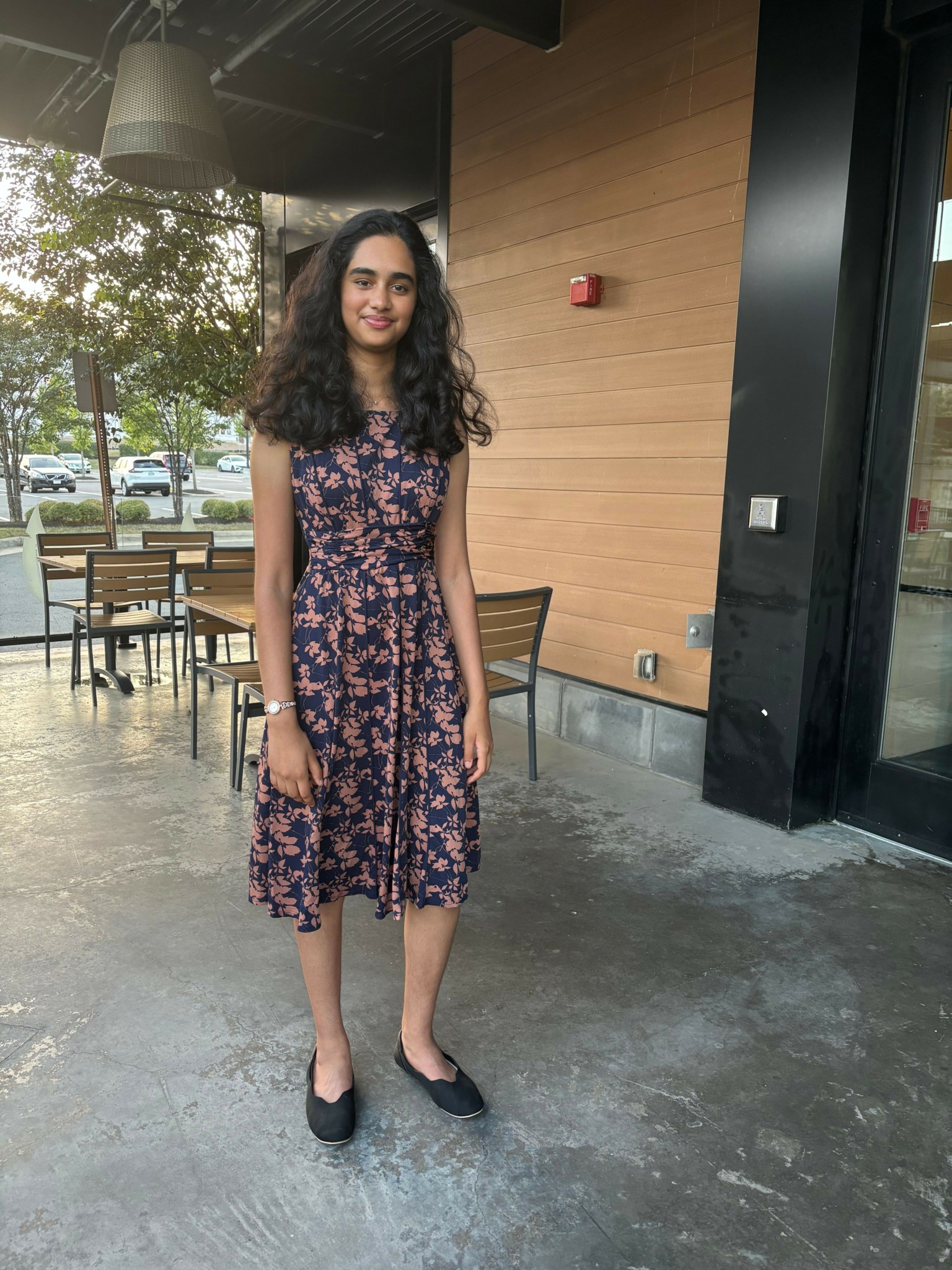
Image Credits
Jyothirmai Koorapati
Ramesh Gutta


